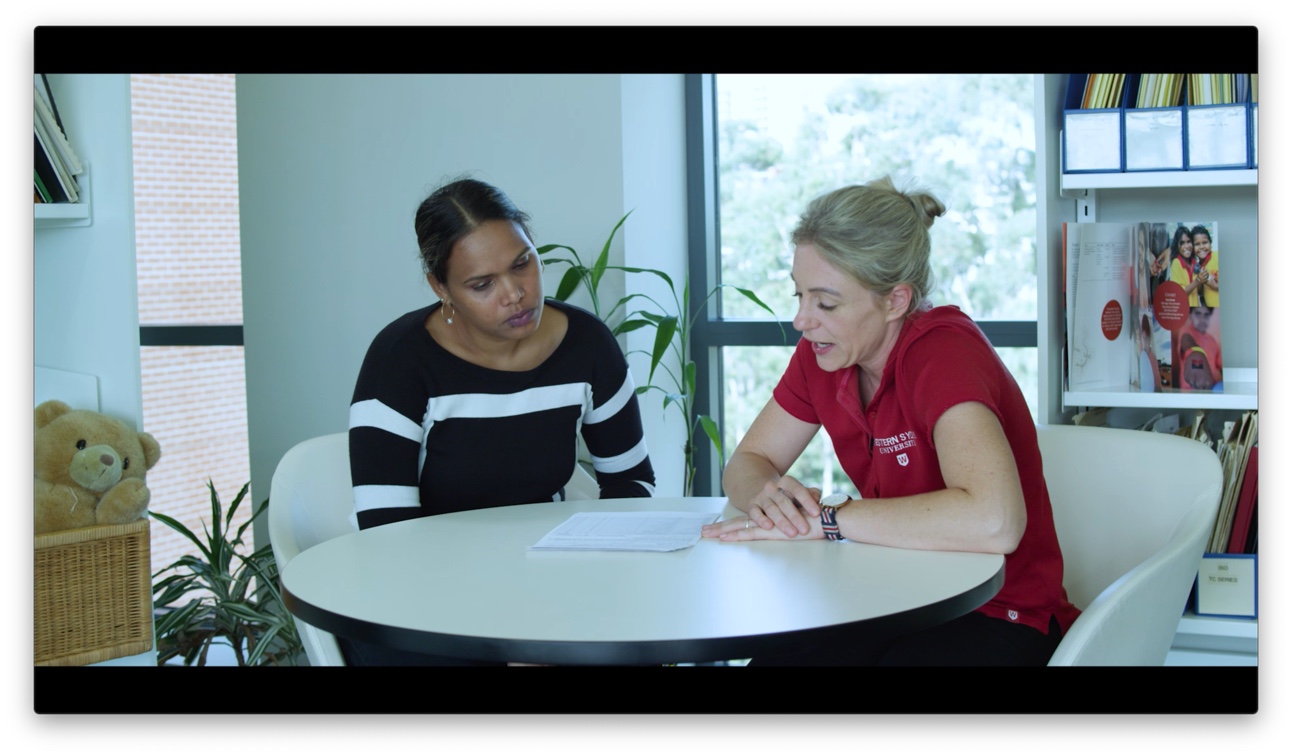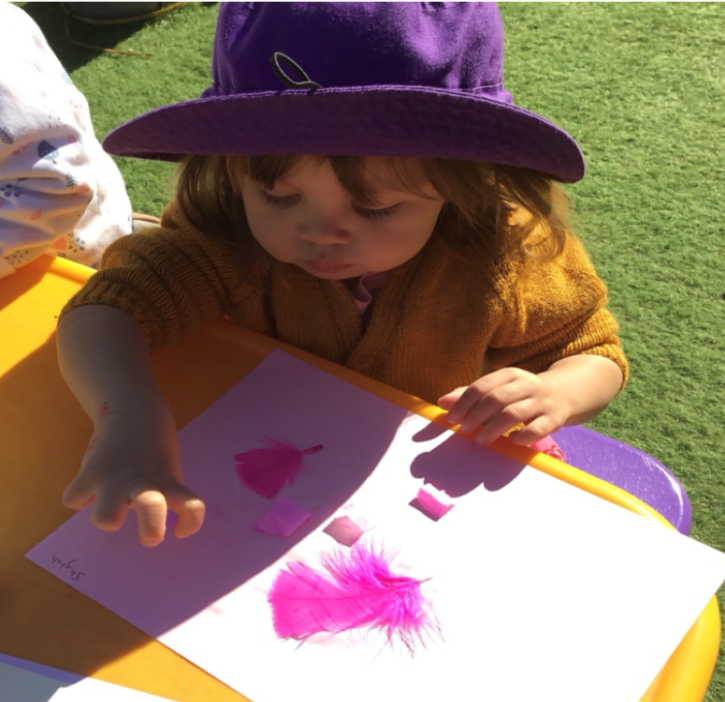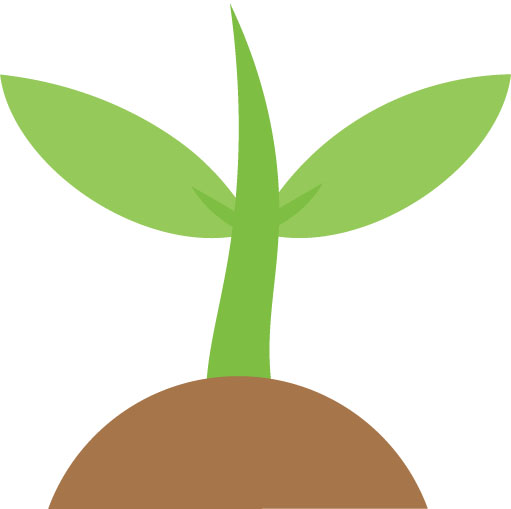Take the ERLI checklist (For Aboriginal Families)
ERLI (Early Language Inventory) is a checklist of first words and hand signs for Indigenous children 8-36 months, or older with special needs. ERLI has been developed with and for Indigenous families by a large team of Aboriginal and non-Indigenous researchers at Western Sydney University, since 2014. The reason we have developed ERLI is to provide an early communication checklist that is culturally and linguistically fair. In different parts of Australia, Indigenous children grow up with a range of home languages and dialects. ERLI respects that home knowledge and also respects the parent as the expert on their child’s communication development, in home language(s). ERLI was initially developed for multilingual families in the Katherine NT region, who at home may speak standard Australian English, Aboriginal ways of using English, a creole language like Kriol, traditional language(s) and/or another world language. |  WSU researchers Jaidine Fejo and Chantelle Khamchuang do the ERLI checklist WSU researchers Jaidine Fejo and Chantelle Khamchuang do the ERLI checklist |
In a current 2020 project, WSU Honours student Chantelle Khamchuang, who is an Aboriginal woman from western Sydney, is asking Aboriginal parents in western Sydney about their experiences using ERLI, and comparing that to the OZI-SF. Chantelle is finding so far that Aboriginal parents identify the ERLI as having culturally familiar items. In collaboration with parents, ERLI can be used by professionals such as speech pathologists, early childhood educators or health workers to assess or monitor a child’s development. ERLI is an adaptation of the internationally well-known MacArthur-Bates Communicative Development Inventories (CDI), and authorised by the CDI Board. ERLI takes about 15 minutes to do, or longer if you use it as the basis for an extended conversation about the child’s development. From about 2 years of age, ERLI has potential to help identify children with hearing, speech or language problems. In our northern Australian sample, at age 2, children typically say around 60 items on the ERLI checklist and are starting to combine words. We welcome collaborators in future projects to help make ERLI useful in assessing and supporting Aboriginal children and their families. | |
| Access the ERLI A low-tech way to use ERLI is to simply download and print out the PDF checklist. If you are using ERLI in NSW or another southern state, we recommend that you focus on the first two columns which give you each item in a few different language/dialect versions, and make sure you ask how the parent says it at home: There is also an app version, which you are free to try out on smartphone, tablet or computer (it requires mobile reception or wifi): The app has nice illustrations, auto-scoring, and emails you a detailed summary. The parent can choose whether to contribute responses to the WSU database. If they opt in, responses are stored anonymously, with ethics approval. If they opt out of contributing to the research, you can still use the app, we just won’t store the data. The app is very safe to use. If you want to try out the app, without a real family, just type TEST at ‘Child’s name’. |
Other ERLI resources Check it out! Also good for showing others how to do the ERLI with a parent e.g. early childhood educators or health workers. |
|
Please get in touch: If you’d like to discuss possible collaboration or request a staff training, please email us: caroline.jones@westernsydney.edu.au If you’ve been using ERLI we would welcome your feedback via our ERLI User Survey: | |
Links: ARC CoEDL news (October 2019) ‘Early learnings from the ERLI tool’ Article in Future Makers (Issue 4 – June 2020) ‘A checklist for speech success’ https://www.westernsydney.edu.au/future-makers/issue-four/a-checklist-for-speech-success.html Hear Happy, developed by NAL, is a complementary set of tools for identifying hearing or speech-language problems in Indigenous children under 5 years: | |
Project funded by:
We acknowledge the partner organisations who have contributed to the development of ERLI: Sunrise Health Service, Wurli-Wurlinjang Aboriginal Health Service, The Smith Family, Tharawal Aboriginal Corporation, and National Acoustic Laboratories.
| |
 An Aboriginal girl from western Sydney
An Aboriginal girl from western Sydney




